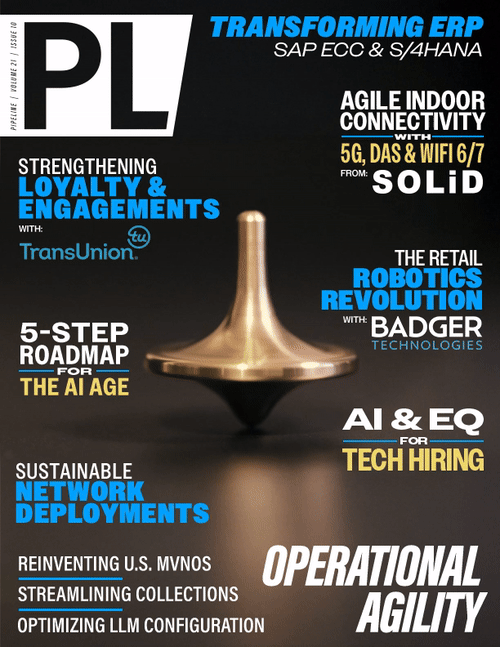Why Call Centers Can’t Wait on S/4HANA
— And Don’t Have To
It can improve customer satisfaction by supporting faster, more informed responses that build customer trust.
Enhancing Agent Experience = Better Outcomes
At the heart of every great customer experience is a confident, capable call center agent. But even the most experienced teams are held back by systems that force them to toggle between screens, dig for answers, or operate in silos.
From Theory to Practice: Real-World Proof
Organizations across industries are applying this strategy to achieve material gains. For example, a global manufacturer recovered millions in revenue by resolving pricing discrepancies surfaced through real-time ERP data. A building materials company saved $400,000 by enabling customer self-service and reduced onboarding time by weeks. A steel producer increased digital order volume by 13 percent after improving production visibility and customer access. And a medical device company reduced order entry time by 70 percent, improved accuracy, and enabled faster agent ramp-up.
Performance Metrics That Matter
Service center leaders are measured by outcomes, not effort. Real-time SAP process execution supports fundamental tasks in call center operations, such as higher first call resolution by helping agents resolve more issues the first time with accurate data. Or lowering average handle times by reducing the need to dig across systems or chasing updates in disparate places. It can improve customer satisfaction by supporting faster, more informed responses that build customer trust. And it helps to support better agent retention by reducing frustration that leads to more engaged, longer-tenured teams.
A Smarter Path to S/4HANA
Modernizing ECC in the call center is not a dead end. It’s a strategic bridge. By activating real-time workflows today, organizations can reduce the risk and cost of future S/4HANA migrations. In many cases, current investments in process virtualization can be carried forward.
Final Takeaway: Don’t Wait to Transform
Call centers can’t afford to wait. Business realities, customer expectations, and operational demands are moving too fast. The good news is that transformation doesn’t have to wait either.


















